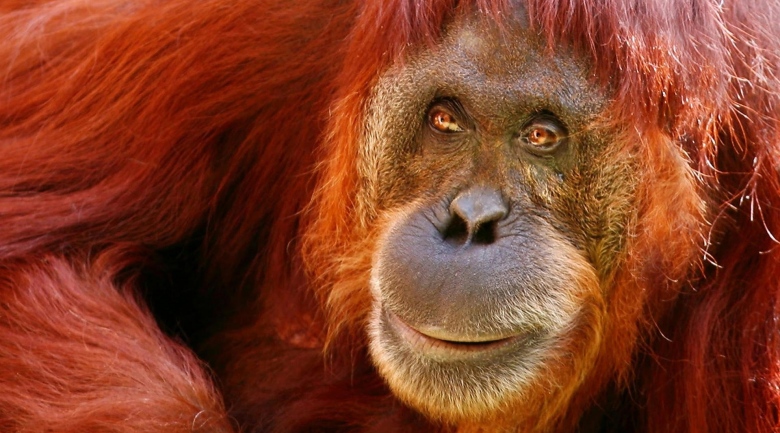
Both species are new to science, and were collected from a single site in the Rukwa Rift Basin of Tanzania.
Geological analyses of the site indicate that the finds are 25 million years old, significantly older than fossils previously documented for either of two major groups of primates: the group that today includes apes and humans (hominoids), and the group that includes Old World monkeys such as baboons and macaques (cercopithecoids).
Rukwapithecus fleaglei, an early hominoid represented by a mandible preserving several teeth, and Nsungwepithecus gunnelli, an early cercopithecoid represented by a tooth and jaw fragment, lived 34 to 23 million years ago during the Oligocene epoch.
“The late Oligocene is among the least sampled intervals in primate evolutionary history, and the Rukwa field area provides a first glimpse of the animals that were alive at that time from Africa south of the equator,” said Prof Nancy Stevens, lead author of a paper reporting the discovery in the journal Nature.
The study documents for the first time that the two lineages were already evolving separately during this geological period.
